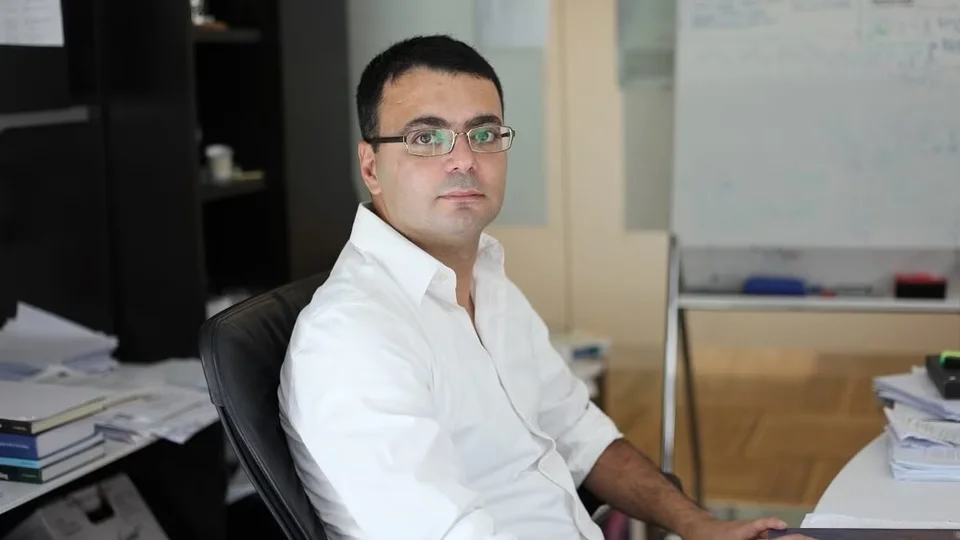Forward and Backward Tracking of Oil Spills Under Ensemble DA Uncertainties with Real World Applications in the Red Sea
-
- Prof. Ibrahim Hoteit, Professor, Dir. Nat. Climate Change Center Exc., Earth Science and Engineering, KAUST
B1 L4 R4102
The talk will present our efforts to develop the next-generation operational system for the Red Sea, as part of Aramco’s resolution toward the fourth industrial revolution. This integrated system has been built around state-of-the-art ocean-atmosphere-wave general circulation models that have been specifically developed for the Red Sea region and nested within the global weather systems.
Overview
Abstract
The talk will present our efforts to develop the next generation operational system for the Red Sea, as part of Aramco’s resolution toward the fourth industrial revolution. This integrated system has been built around state-of-the-art ocean-atmosphere-wave general circulation models that have been specifically developed for the Red Sea region and nested within the global weather systems. It is now fully operational, routinely running on the KAUST supercomputer Shaheen. I will showcase the supporting real-time online visualization-analytics tools and servers that are being continuously developed to provide a user-friendly interface to analyze the large datasets outputted by the system. The second part of the talk will outline some of our ongoing research activities to continue enhancing the system performance and equipping it with new capabilities and features, discussing in particular: (i) improving the forecasting skills through new ensemble data assimilation schemes accounting and providing information about the system uncertainties, and (ii) developing new tools for exploiting the ensemble uncertainties in the system outputs in forward and inverse tracking of oil spills
Brief Biography
Ibrahim Hoteit is a professor in the Earth Sciences and Engineering program and affiliated with the Applied Mathematics and Computational Sciences program at KAUST. He is currently leading the Virtual Red Sea Initiative, a joint initiative with Scripps Institution of Oceanography, MIT, and Plymouth Marine Laboratory, and serving as the director of the Climate Change Center and the Saudi Aramco Marine Environment Research Center at KAUST. Dr. Hoteit's research interests focus on the modeling of oceanic and atmospheric systems on supercomputers and the analysis of their circulation and variability, with a specific interest in data assimilation and uncertainty quantification for large-scale systems. Dr. Hoteit co-authored more than 250 papers and was awarded the prestigious Kuwait Prize in Basic sciences. He is currently serving as associate editor of Plos One, Computational Geosciences, Mathematics of Climate and Weather Forecasting, and Atmospheric Science Letters. He is a member of the American and European Geophysical Unions, the Society of Industrial and Applied Mathematics, and an elected member of the UNESCO Center of Pure and Applied Mathematics. Dr. Hoteit earned his M.S. (1998) and Ph.D. (2002) in applied mathematics from the University of Joseph Fourier, France.

